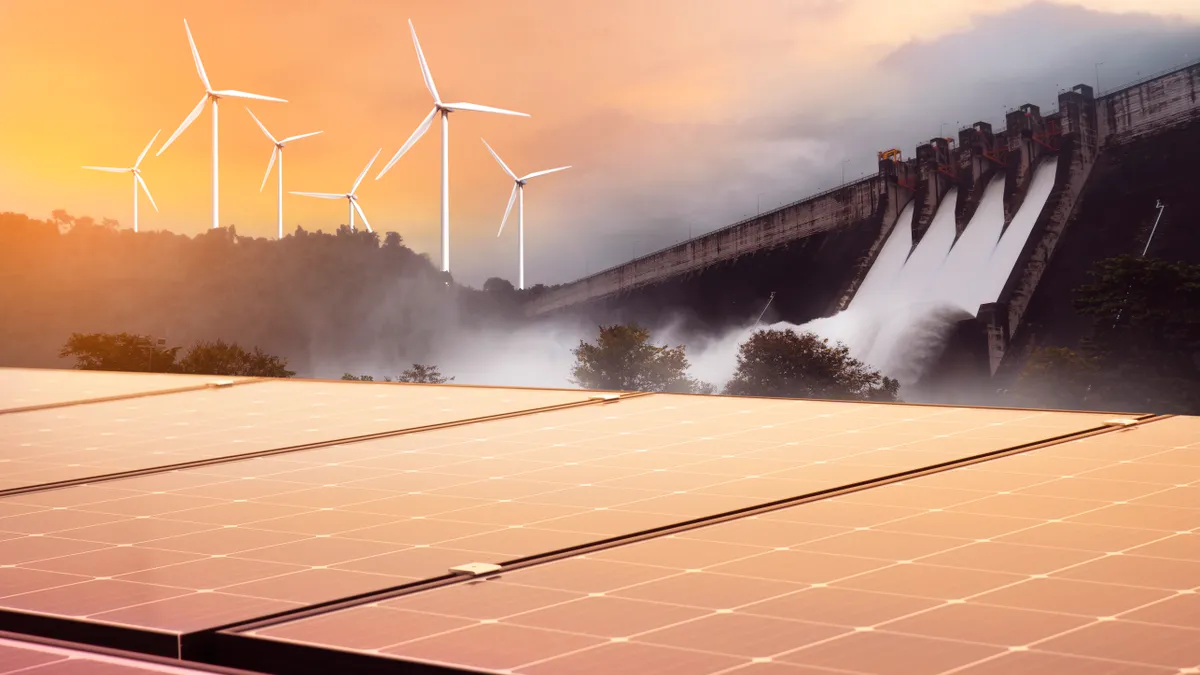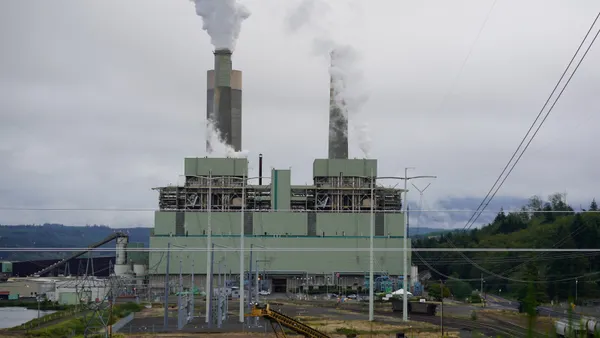The Environmental Protection Agency and U.S. Department of Energy released an agreement Thursday outlining how they will work together to maintain grid reliability during the shift from fossil-fueled power plants and an increase in extreme weather.
“Under this partnership with DOE, we will provide needed regulatory certainty and support grid reliability and resiliency at every stage as the agency advances efforts to reduce pollution, protect public health, and deliver environmental and economic benefits for all,” EPA Administrator Michael Regan said in a statement.
The EPA has been tightening water, air and other regulations that affect power plants, especially coal-fired power plants. As part of its rulemaking process, the EPA assesses how its proposals will affect grid reliability.
The power system has been evolving from large, centralized fossil-fueled power plants, but the shift is expected to accelerate with the recent enactment of the bipartisan infrastructure law and Inflation Reduction Act.
“In this dynamic context, it is essential that the EPA and DOE continue to have regular and effective communication and consultation on electric reliability using appropriate informational, policy, and regulatory tools within their respective statutory authorities and mandates,” the agencies said.
Both agencies have designated an internal team for electric reliability and have identified key staff to serve as contacts for communications, according to the memorandum of understanding.
The EPA and DOE said they will have at least semi-annual meetings to discuss policies, programs and activities affecting electric reliability and share information and talk about monitoring and outreach activities.
They will consider “short-term interventions” to address emerging reliability risks, according to the agreement.
“Where the agencies become aware of previously unforeseen, short-term reliability risks, [they will] consider their respective legal and technical tools and share information as appropriate within their respective statutory authorities and mandates,” the agreement states.
The EPA and DOE said they will regularly consult with the Federal Energy Regulatory Commission.















